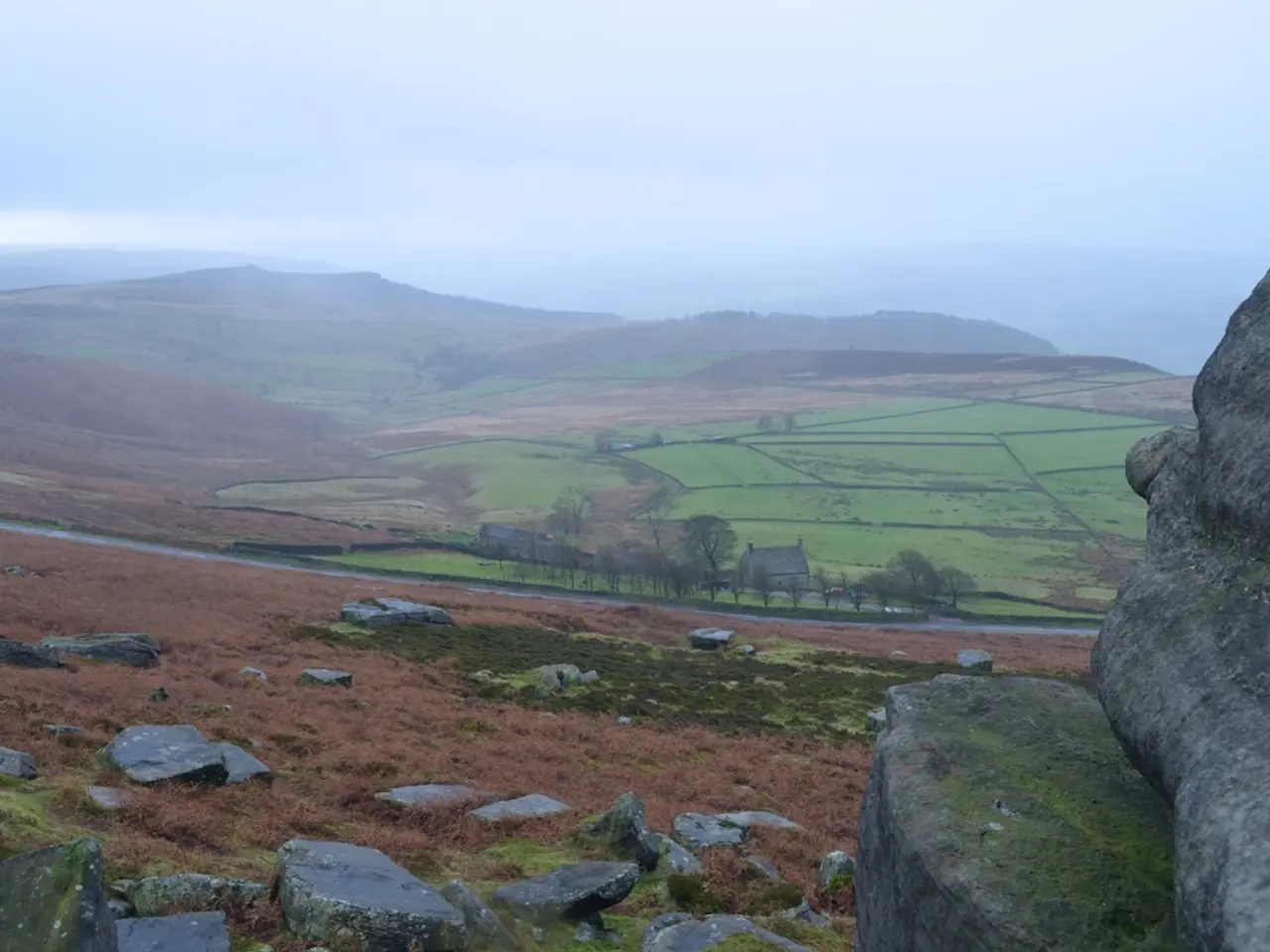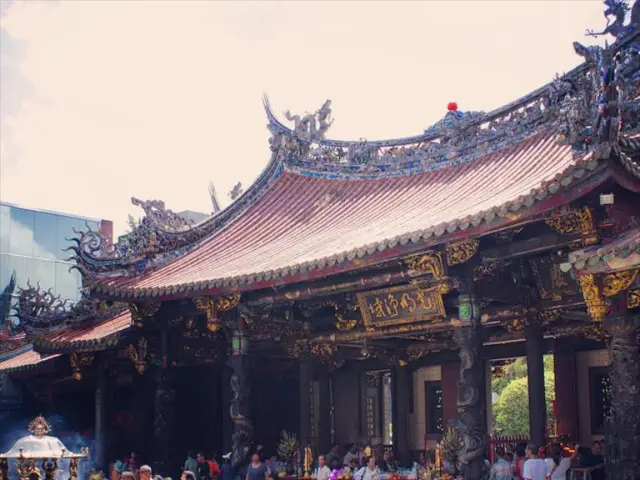The unfortunate death of Ma'am Jo has been a tragic ordeal. However, her aspirations for the Teduray tribe persist.
In a shocking turn of events, Jocelyn Samar Palao, a prominent Teduray tribe leader and advocate for indigenous rights, was gunned down in Cotabato City on December 20, 2022.
Palao, a dedicated educator and the daughter of sweet potato farmers, had spent nearly half her life teaching indigenous children in the Bangsamoro region. She was also the head of the ancestral domain division of the Bangsamoro Autonomous Region of Muslim Mindanao (BARMM) Ministry of Indigenous Peoples Affairs (MIPA).
Around 5:30 pm, gunmen tailed Palao's vehicle and shot her. The police have yet to establish motives for her killing.
Palao was known for her frankness, a trait that proved valuable in her line of work. She was an advocate for preserving customs and traditions, but was vocal about stopping the tradition of young indigenous women being married off early or forcibly to older men.
Palao's legacy extends beyond education. She helped set up thriving indigenous cooperatives and encouraged women to take up stronger roles in their families and communities. She also worked closely with UN Women, conducting training for Bangsamoro women, building a training kit for indigenous women, and empowering them to take control of their labor and leadership in their communities.
Palao's death comes amidst ongoing threats to the rights of the Teduray tribe. The political and business interests threatening their ancestral domain typically include local politicians, government officials, and private corporations engaged in large-scale land development, mining, logging, or agricultural projects. These groups often seek to exploit natural resources on ancestral lands without the free, prior, and informed consent of the indigenous communities, thereby undermining their rights and threatening their territories.
In November 2022, Senator Robin Padilla delivered a privilege speech about the plight of the Tedurays, but no Senate inquiry has taken place. The Timuay Justice and Governance (TJG), an indigenous political structure of the Teduray and Lambangian, was ready to speak before the Senate in December 2022, but the probe was postponed.
Investigations have revealed that resorts have been built along the seaside previously occupied by the Tedurays, one of which is owned by the daughter of a local official. The Tedurays were forced to relocate to the foothills in 2020 and had been documenting their displacement.
On the day before her death, Palao shared feelings of nervousness, a fast heartbeat, feeling cold, and feeling odd. Despite these concerns, she continued her work, returning to Cotabato City after a meeting in Ampatuan town at around 2 pm and going to the MIPA office to take a nap.
Palao is survived by her husband and three children. Her death has sparked outrage and calls for justice, as well as renewed focus on the ongoing struggles of the Teduray tribe and other indigenous communities in the Philippines.
- The tragic death of Jocelyn Samar Palao, an advocate for indigenous rights, has raised concerns in the realm of general-news, with questions about motives for her killing and the ongoing threats to the rights of indigenous communities like the Tedurays in politics.
- Palao's work extended beyond education into crime-and-justice matters as she advocated fiercely for the preservation of indigenous customs and traditions, including speaking out against the tradition of early marriages and calling attention to the exploitation of their ancestral lands by local politicians, government officials, and private corporations.








